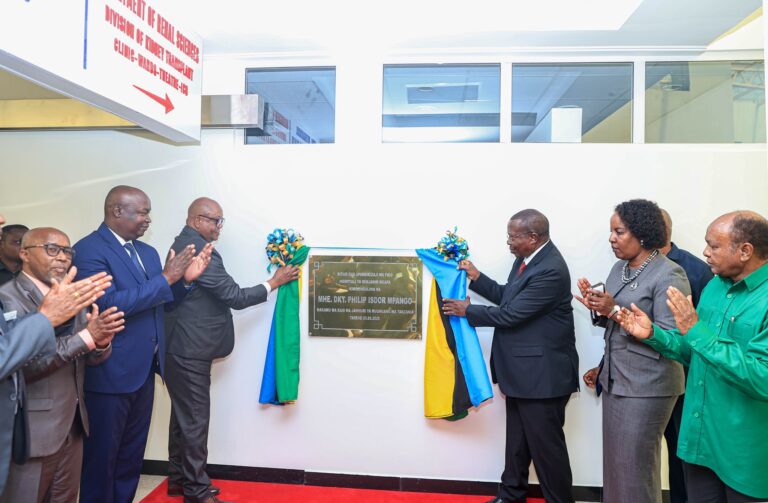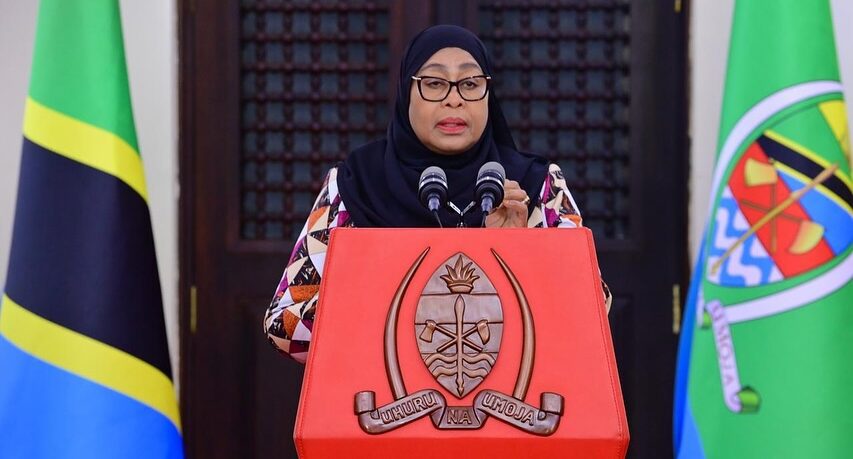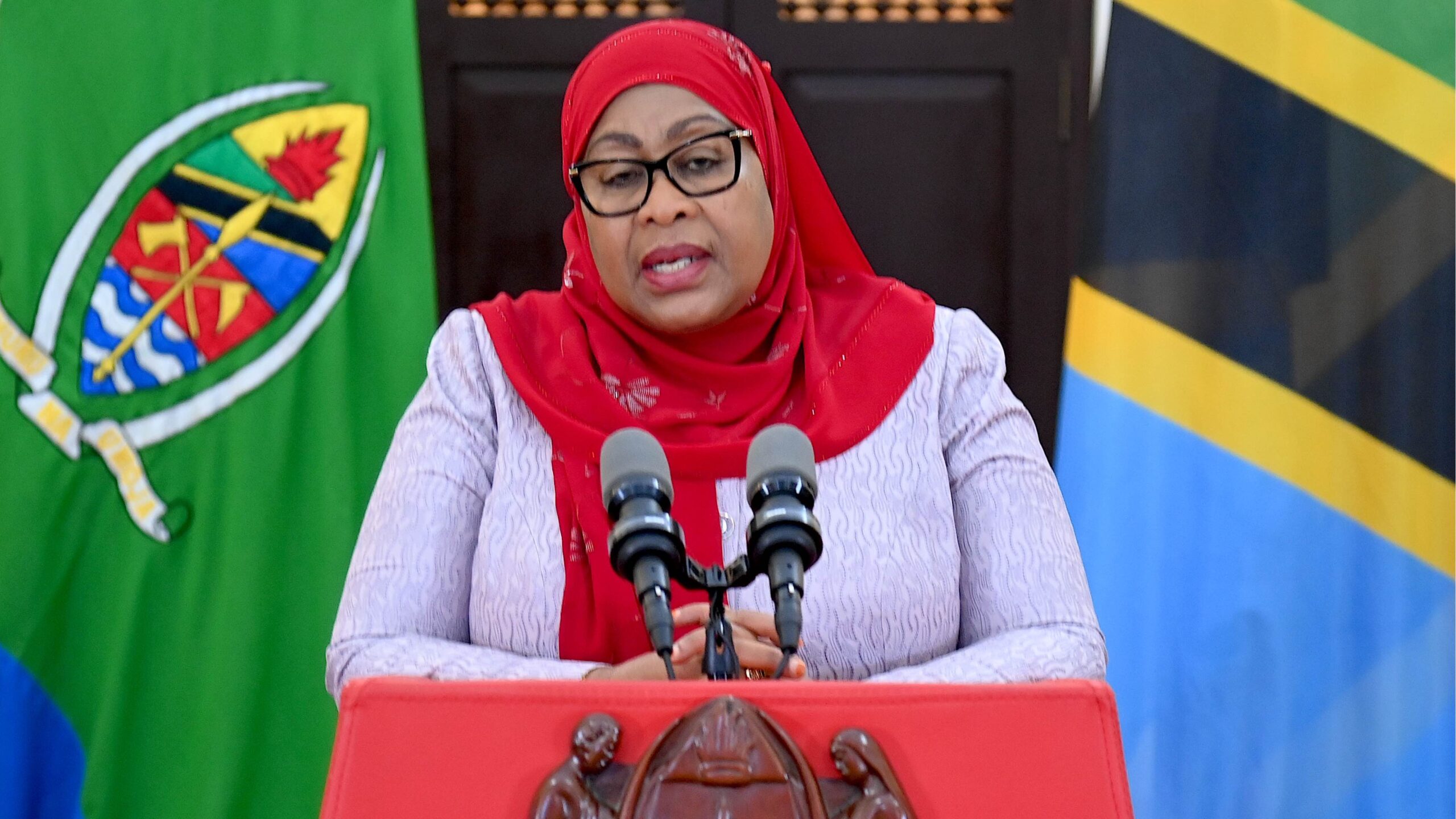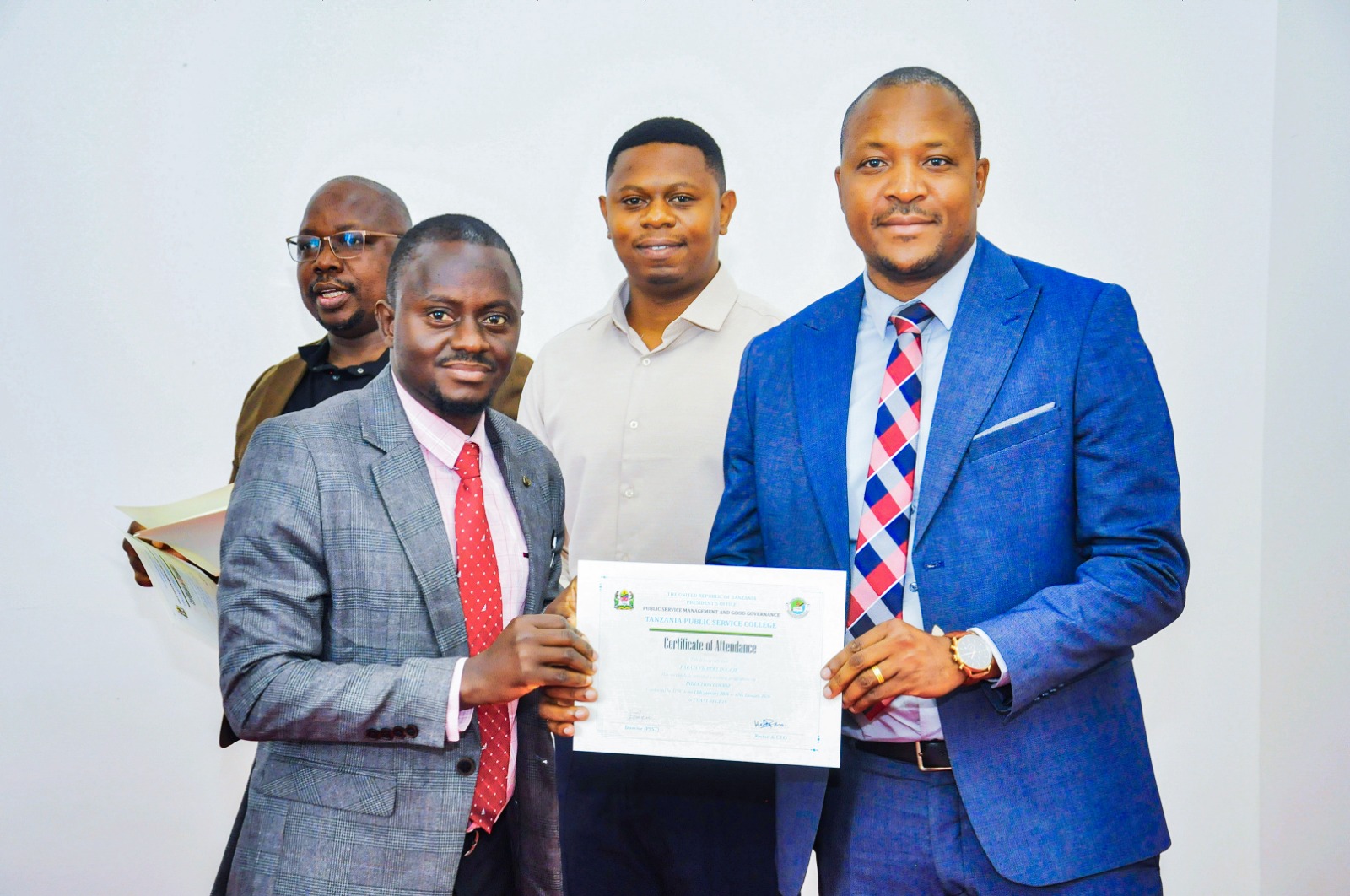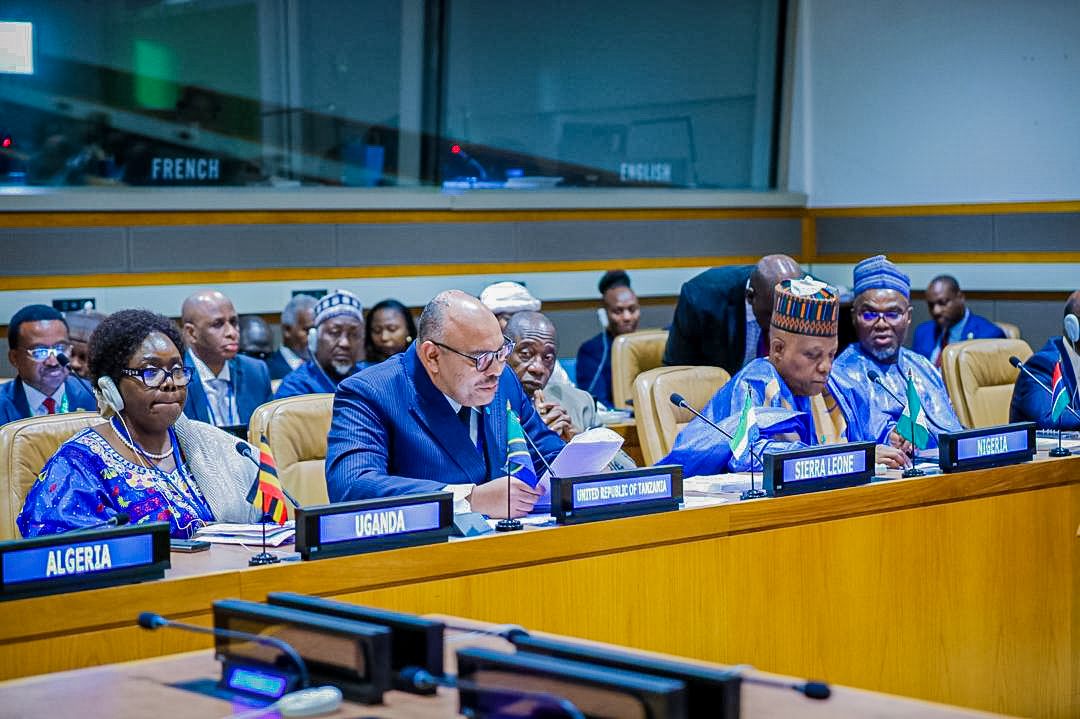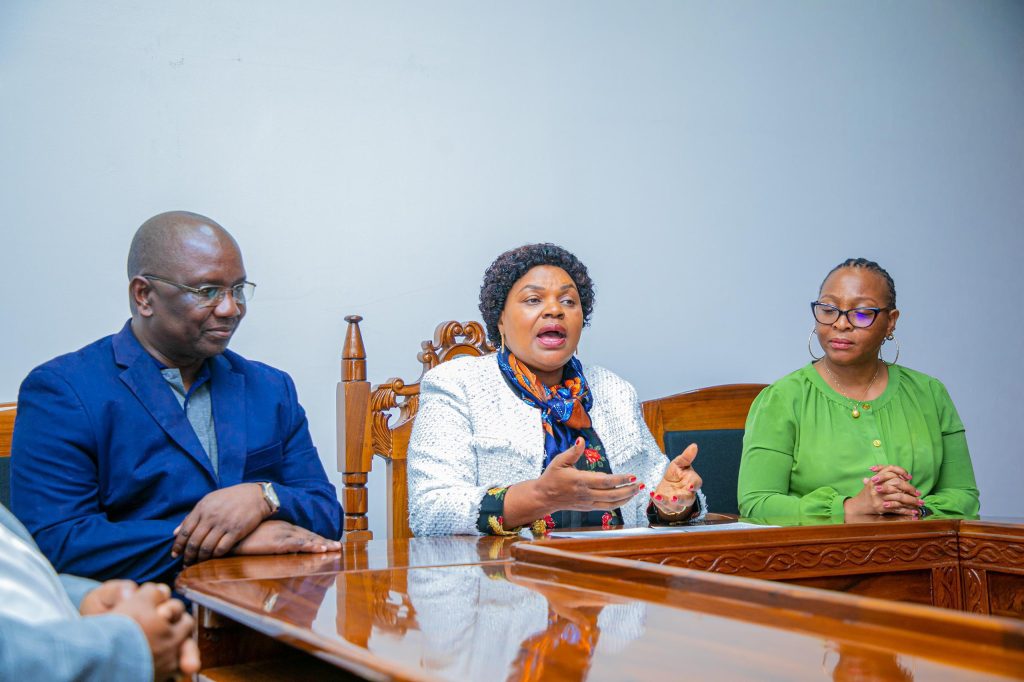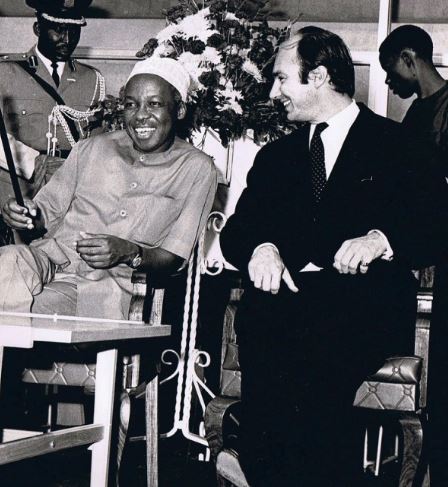Dodoma. Tanzanian Vice President, Dr Philip Mpango, has said the government is determined to strengthen medical tourism as part of wider efforts to enhance the health sector and contribute to the national economy.
Dr Mpango made the remarks on Wednesday, September 3, during the foundation stone laying ceremony for the construction of a Cancer Training and Treatment Centre and the inauguration of a Kidney Transplant Centre at the Benjamin Mkapa Hospital in Dodoma.
He said medical tourism currently contributes an estimated Sh166.5 billion to the Gross Domestic Product, with the number of patients travelling to Tanzania for treatment rising from 5,700 in 2021 to 12,180 in 2025.
The Vice President hailed the Benjamin Mkapa Hospital for its growing role in medical tourism, citing the government’s substantial investment in infrastructure, modern medical equipment, and specialised professionals.
“The Benjamin Mkapa Hospital is a clear example of how improved infrastructure, state-of-the-art medical equipment, and highly trained specialists can transform Tanzania into a hub for medical tourism,” he said.
He said such progress would enable the expansion of services that could attract more patients from within the region and beyond.
Dr Mpango urged the hospital to consider partnering with the private sector or the Dodoma City Council to construct a dedicated facility offering accommodation and related services for patients and relatives travelling from neighbouring countries or distant regions.
He also called on the Ministry of Health, doctors, and health workers to intensify public education on disease prevention through schools, colleges, religious institutions, non-governmental organisations, and community groups.
He emphasised the use of information and communication technology and digital platforms to expand outreach and cut the burden of treatment costs.
The Vice President further instructed the Ministry of Health, working with the e-Government Authority, to ensure that hospital information systems at national and specialised regional hospitals are interconnected to facilitate continuity of care.
“The ministry of Health, working with the Ministry of Finance, should establish a clear system of training doctors to the highest specialist levels. We must also consider partnerships with countries like Japan and South Korea to strengthen local expertise and exchange knowledge,” he said.
He urged the Ministry of Health to explore partnerships with countries such as Japan and South Korea to build local capacity and exchange expertise.
Dr Mpango stressed the need for comprehensive training, whereby medical doctors are trained alongside supporting specialists, including haematologists, laboratory technologists, nurses, radiologists, and nutritionists.
He appealed to medical professionals to uphold ethical standards, work diligently, and provide patient-centred care.
Health Ministry Permanent Secretary Dr Seif Shekalaghe said reforms in the health sector, including upgrades at the Benjamin Mkapa Hospital, have enabled patients from neighbouring countries to seek treatment in Tanzania.
He noted that the government has improved health services from dispensaries to referral hospitals in line with its election manifesto.
At the event, the government launched a strategic project to establish the East African Community Centre of Excellence for Bone Marrow Transplantation and Haematology at the Benjamin Mkapa Hospital, in collaboration with the University of Dodoma.
Once completed, the centre will provide highly specialised services in bone marrow transplantation and related fields, which are currently unavailable in East Africa

